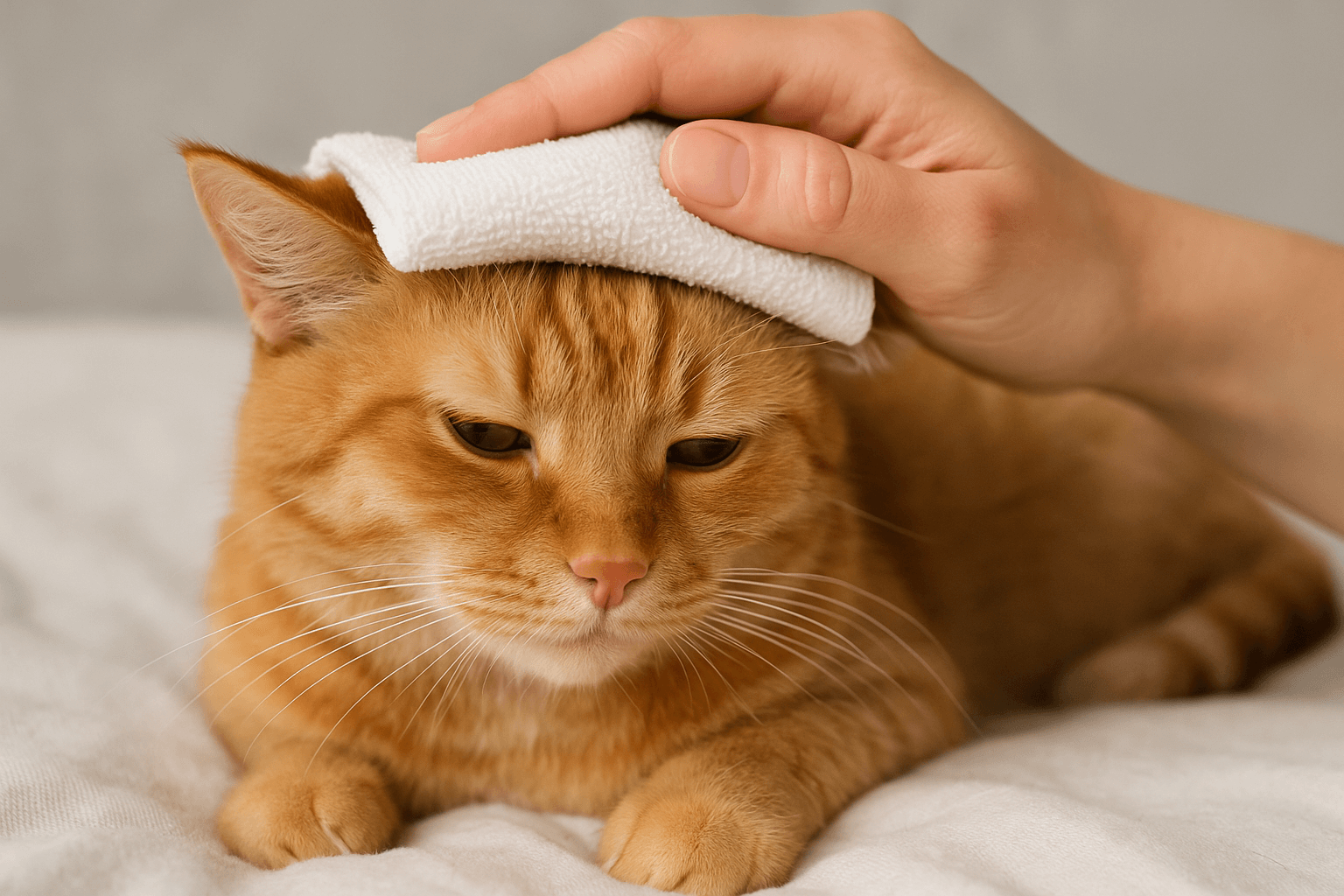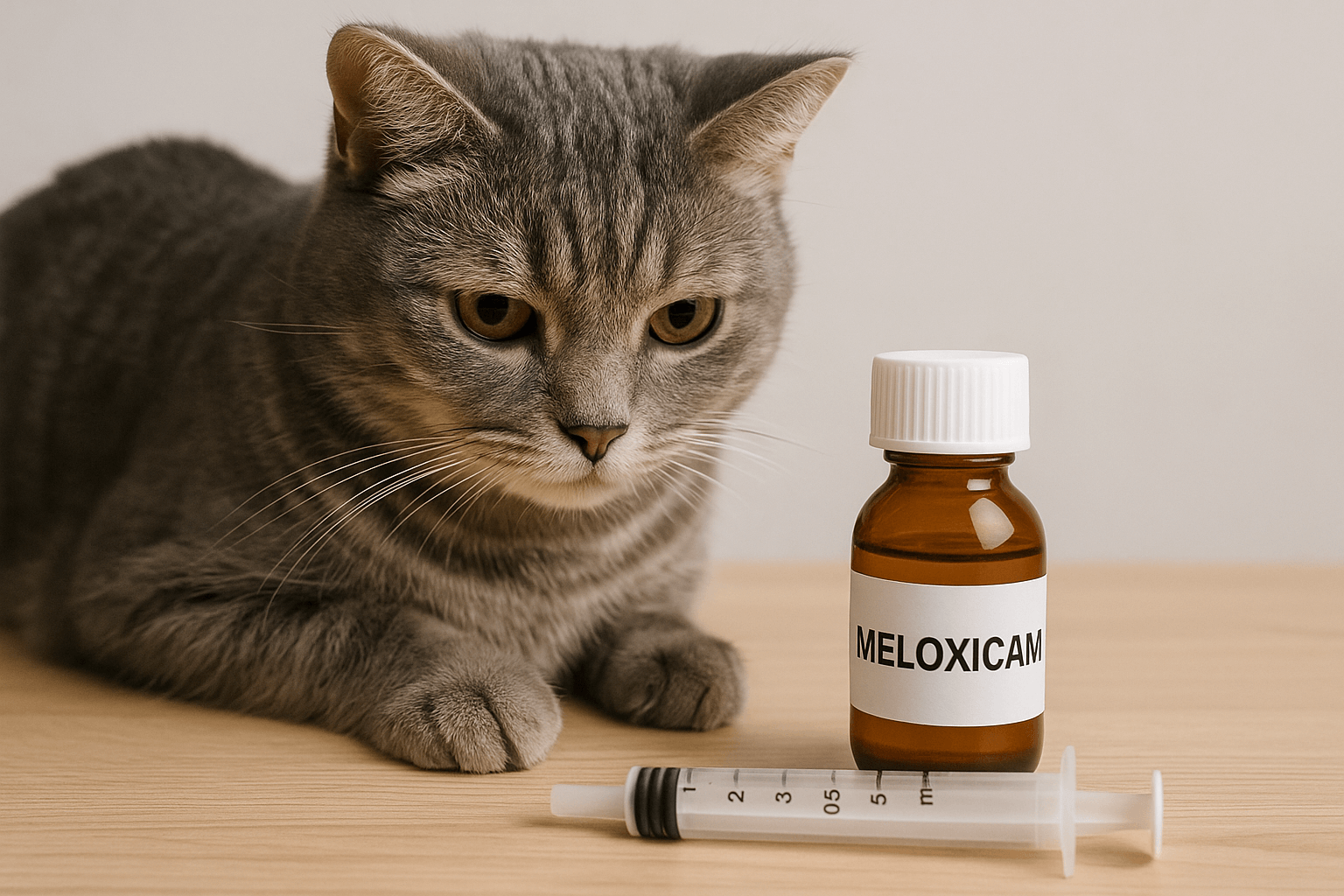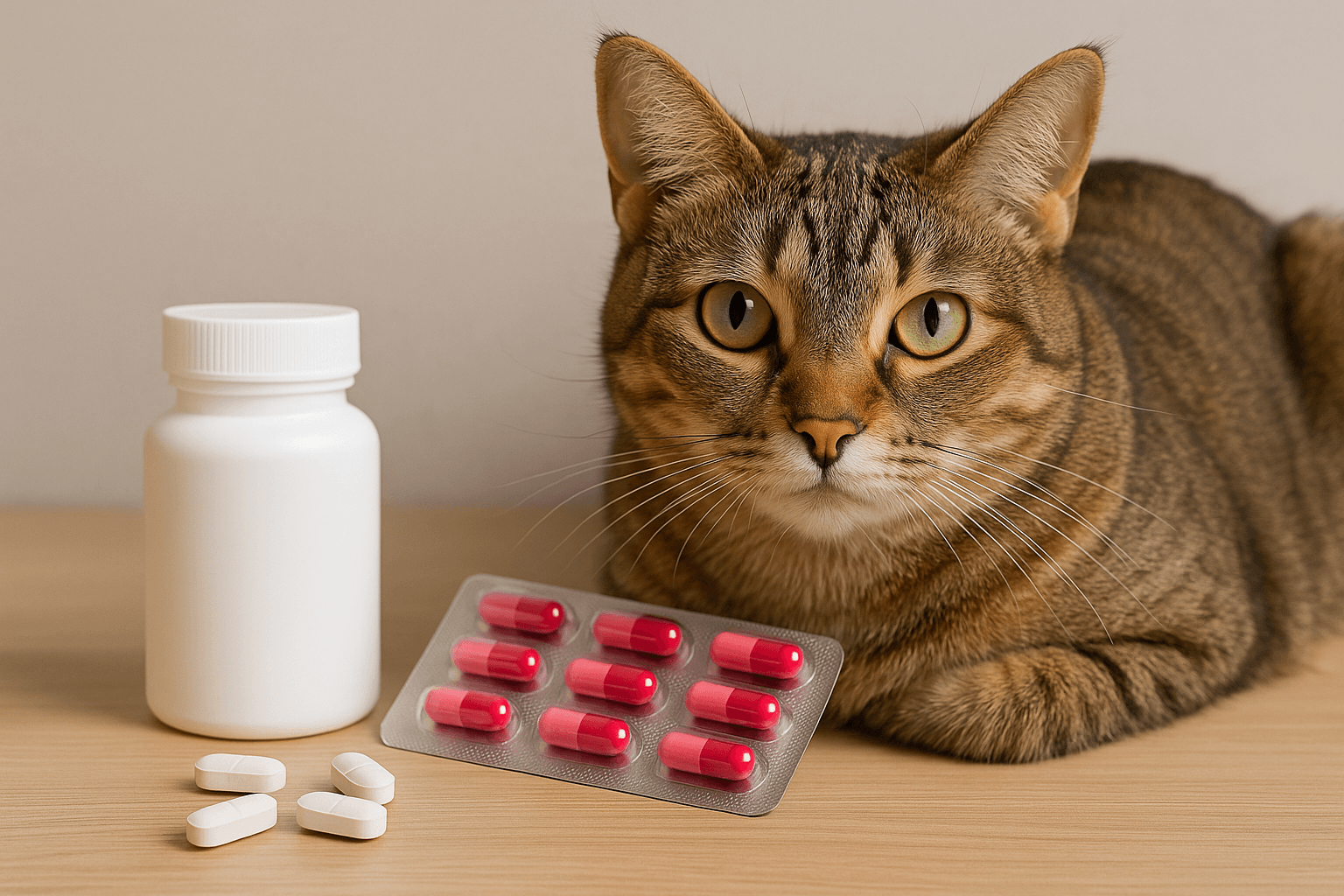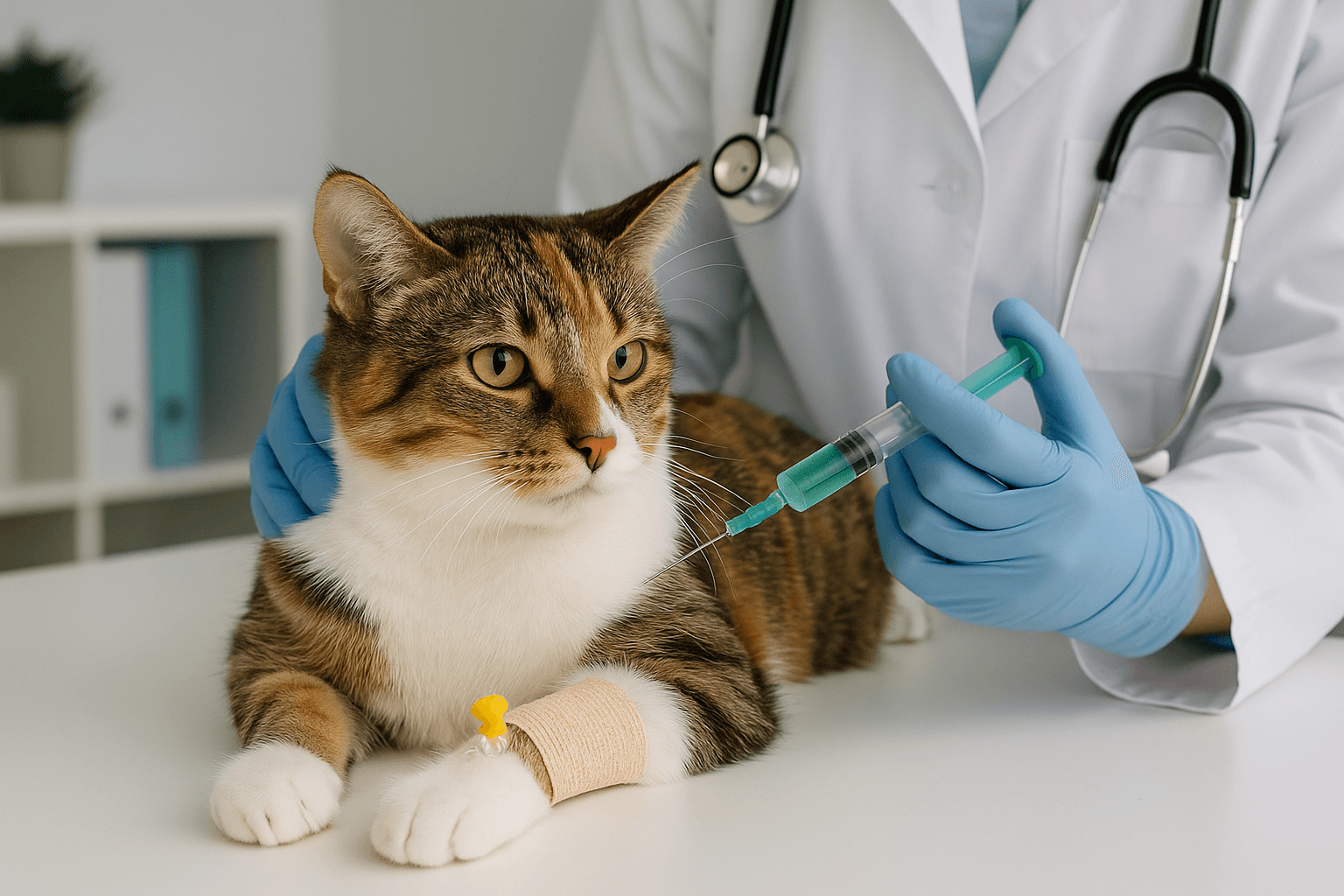Understanding the Unpleasant Reality: Maggots in Dog Poop
Dog ownership brings immense joy, companionship, and countless heartwarming moments. However, it also comes with its fair share of responsibilities—and challenges. One issue that can catch even the most diligent pet owner off guard is the presence of maggots in dog poop. While it may sound unsettling, this phenomenon is more common than you might think. From understanding why maggots appear to learning how to prevent them, this blog post will guide you through everything you need to know about dealing with this unpleasant situation. By the end, you’ll have practical tips to keep your furry friend and their environment clean, healthy, and maggot-free.
Why Do Maggots Appear in Dog Poop?
Maggots are the larval stage of flies, and their appearance in dog feces is often a result of unsanitary conditions. Below are some key reasons why maggots might infest dog poop:
Poor Waste Management : Leaving dog poop unattended for extended periods creates an ideal breeding ground for flies.
Warm and Humid Conditions : Flies thrive in warm, moist environments, making summer months particularly problematic.
Lack of Regular Cleaning : Failing to clean up after your dog regularly increases the likelihood of attracting flies.
Presence of Organic Matter : Flies are naturally drawn to decaying organic material, including feces, as it provides nutrients for their larvae.
Inadequate Fly Control Measures : Without proper measures to repel or eliminate flies, they can quickly lay eggs in dog waste.
Understanding these factors is crucial for prevention. By addressing the root causes, you can significantly reduce the chances of encountering maggots in your dog’s poop.
How to Identify a Maggot Infestation
Spotting maggots early can help you take swift action to address the problem. Here’s what to look for when inspecting dog poop:
Visible Larvae : Maggots are small, white, worm-like creatures that move slowly. They are easy to spot if you examine the poop closely.
Foul Odor : A strong, unpleasant smell often accompanies maggot-infested feces due to decomposition.
Soft or Mushy Feces : Maggots break down organic matter, which can cause the poop to become softer or disintegrate over time.
Fly Activity Nearby : An unusual number of flies hovering around the area is a clear sign of potential infestation.
Unusual Dog Behavior : Dogs may avoid areas with maggots or exhibit signs of discomfort if they come into contact with infested waste.
If you notice any of these signs, it’s important to act promptly to prevent the infestation from spreading further.
Check this guide 👉 Is White Dog Poop Dangerous? Best 7 Expert Tips!
Check this guide 👉 Best 7 Expert Tips Why Your Dog is Pooping Blood!
Check this guide 👉 Why Does My Dog Poop So Much? Best 7 Expert Tips!

Prevention Tips | Removal Methods |
|---|---|
Clean up dog poop daily | Use gloves and a plastic bag for safe removal |
Keep outdoor areas dry | Dispose of infested waste in sealed trash bins |
Use fly traps or repellents | Pour boiling water on maggots to kill them |
Trim grass regularly | Apply natural disinfectants like vinegar |
Store pet food securely | Wash affected areas thoroughly with soap |
Effective Prevention Strategies to Keep Maggots Away
Preventing maggots from appearing in the first place is always better than dealing with an infestation later. Here are some effective strategies to consider:
Daily Cleanup Routine : Make it a habit to pick up dog poop every day to minimize the risk of fly attraction.
Use Biodegradable Bags : Opt for eco-friendly bags designed to seal odors and prevent flies from accessing the waste.
Install Fly Traps : Place fly traps near outdoor areas where your dog frequently relieves itself to catch flies before they lay eggs.
Maintain Yard Hygiene : Regularly mow the lawn and remove any debris that could harbor flies or other pests.
Apply Natural Repellents : Use essential oils like peppermint or eucalyptus around your yard to deter flies naturally.
By implementing these strategies consistently, you can create a cleaner and safer environment for both your pet and your family.
Health Risks Associated with Maggots in Dog Poop
While maggots themselves aren’t directly harmful to humans, their presence can pose several health risks. Here’s what you should be aware of:
Bacterial Infections : Maggots feed on decaying matter, which can harbor harmful bacteria that may spread to pets or humans.
Parasite Transmission : Flies can carry parasites that may infect dogs or contaminate their living spaces.
Skin Irritations : Direct contact with maggots or contaminated waste can cause skin irritation or allergic reactions in sensitive individuals.
Respiratory Issues : Breathing in foul odors from decomposing waste can exacerbate respiratory conditions like asthma.
Psychological Stress : Dealing with maggots can be distressing and overwhelming for pet owners, affecting mental well-being.
Taking proactive steps to eliminate maggots not only protects physical health but also promotes peace of mind.
Common Mistakes That Lead to Maggot Infestations
Many pet owners unintentionally create conditions that attract maggots. Avoiding these common mistakes can help you keep your dog’s environment clean and maggot-free.
Neglecting Daily Cleanup : Waiting too long to pick up dog poop gives flies ample time to lay eggs.
Improper Waste Disposal : Throwing dog waste into open bins without sealing it properly invites flies to breed.
Overlooking Yard Maintenance : Allowing grass and shrubs to grow unchecked provides hiding spots for flies and maggots.
Ignoring Fly Control Products : Failing to use fly traps or repellents leaves your yard vulnerable to infestations.
Using Ineffective Cleaning Methods : Relying solely on water to clean outdoor areas may not eliminate all traces of organic matter.
By recognizing and avoiding these pitfalls, you can significantly reduce the risk of maggots appearing in your dog’s waste. Prevention is always easier than dealing with an active infestation.
Natural Remedies to Repel Flies Effectively
If you’re looking for eco-friendly ways to keep flies away, natural remedies can be both safe and effective. Here are some tried-and-tested options:
Essential Oils : Oils like lavender, citronella, and tea tree act as natural fly repellents when diluted and sprayed around your yard.
Herbs and Plants : Growing herbs such as basil, mint, or rosemary near your dog’s play area can deter flies naturally.
Vinegar Traps : A mixture of apple cider vinegar and dish soap in a jar attracts and traps flies effectively.
Citrus Peels : Placing citrus peels around your yard releases scents that repel flies while adding a fresh aroma.
Diatomaceous Earth : This natural powder kills flies by dehydrating them and is safe for pets when used correctly.
These natural solutions not only help control fly populations but also minimize the use of harsh chemicals in your home environment.
Steps to Take After Discovering Maggots
Finding maggots in your dog’s poop can be alarming, but taking immediate action will help resolve the issue quickly. Follow these steps to restore cleanliness and prevent recurrence:
Wear Protective Gear : Use gloves and a mask to avoid direct contact with maggots and contaminated waste.
Remove Infested Waste : Scoop up the affected poop using a plastic bag and dispose of it in a sealed trash bin.
Clean the Affected Area : Scrub the spot thoroughly with hot, soapy water to eliminate any remaining larvae or odors.
Apply Disinfectant : Use a pet-safe disinfectant to sanitize the area and kill any lingering bacteria or pests.
Monitor for Recurrence : Keep an eye on the area over the next few days to ensure no new maggots appear.
By acting swiftly and methodically, you can eliminate the problem and take steps to prevent future infestations. Staying proactive is key to maintaining a hygienic space for your pet.
Frequently Asked Questions About Maggots in Dog Poop
Are maggots dangerous to my dog?
While maggots aren’t inherently toxic, they can indicate unsanitary conditions that may expose your dog to harmful bacteria or parasites.
How quickly do flies lay eggs in dog poop?
Flies can lay eggs within minutes of landing on feces, especially in warm weather.
Can I use insecticides to get rid of maggots?
Yes, but opt for pet-safe products and follow instructions carefully to avoid harming your dog or the environment.
Should I consult a vet if my dog eats maggot-infested poop?
It’s advisable to consult a vet if your dog consumes contaminated waste, as they may require treatment for potential infections.
How can I stop flies from targeting my yard?
Maintain cleanliness, use fly traps, and apply natural repellents to make your yard less appealing to flies.
Wrapping Up: Keeping Your Yard Maggot-Free
Dealing with maggots in dog poop is undoubtedly unpleasant, but it’s a manageable challenge with the right approach. By staying vigilant, maintaining cleanliness, and adopting preventive measures, you can ensure a healthier and happier environment for your pet—and yourself. Remember, consistency is key. Regularly cleaning up after your dog, controlling fly populations, and addressing issues promptly will go a long way in preventing future infestations. With these strategies in place, you can enjoy the joys of dog ownership without worrying about unwelcome guests like maggots.
Cat Fever Treatment: Best 7 Expert Tips! Discover expert advice on identifying, managing, and treating fever in cats to ensure their quick recovery and well-being.
Understanding Meloxicam for Cats: Best 7 Expert Tips! Learn how to safely administer meloxicam, manage side effects, and ensure your cat's comfort with expert advice on feline pain relief.
Amoxicillin for Cat UTI: Best 7 Expert Tips! Discover safe usage, dosage guidelines, and expert advice on treating feline urinary tract infections effectively with amoxicillin.
Understanding Cat Cancer Treatment: Best 7 Expert Tips! Discover expert advice on managing feline cancer, from early detection to treatment options, ensuring your cat’s health and comfort.





